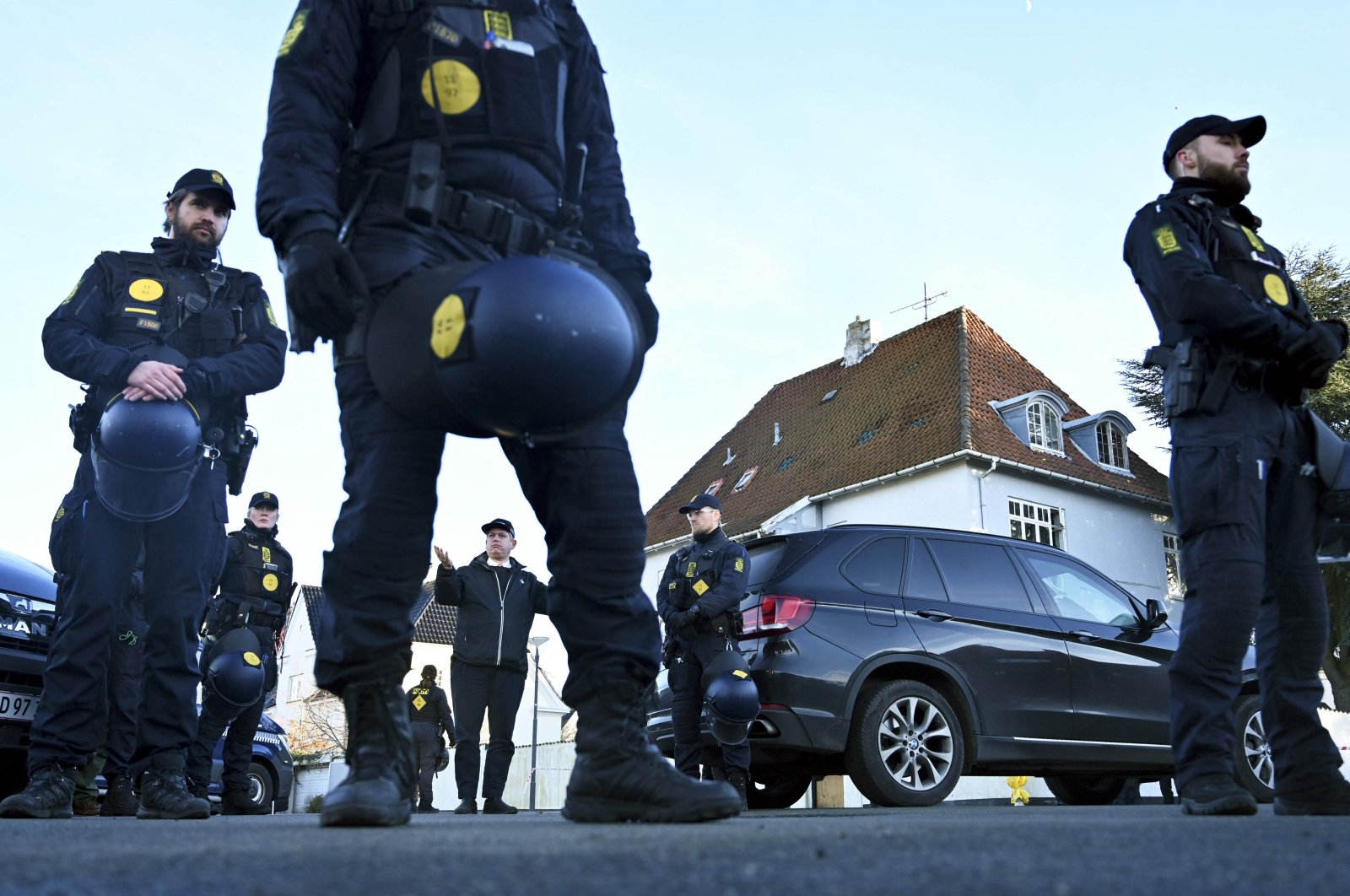
A district court in Sweden's capital Stockholm detained a suspect who allegedly financially supported the PKK terrorist group for the first time, according to a statement made by prosecutor Hans Ihrman on Friday.
The suspect in his 40s has been in Sweden for about five years, according to a report by Swedish SR Radio.
Ihrman, citing court documents, said suspicions of attempted terrorist financing arose in connection with an investigation into attempted extortion and the suspect was arrested Friday on suspicion of attempted extortion and aggravated weapons offenses as well as terror financing.
The detention marks the first time that a prosecutor in Sweden linked someone to PKK – a terror group responsible for tens of thousands of deaths in Türkiye.
The suspect refused to comment during the court hearing, said the report.
Sweden has been seeking Türkiye's approval to join NATO, for which it applied after Russia's invasion of Ukraine last year. NATO membership requires the approval of all 30 member states but Ankara has been withholding its "yes" vote.
Turkish officials criticize Sweden for harboring and tolerating members of terrorist organizations like the PKK and Gülenist Terror Group (FETÖ), which, helmed by U.S.-based Fetullah Gülen, orchestrated the defeated 2016 coup in Türkiye, where 251 people were killed and 2,734 were injured.
Many times, Turkish officials said the Nordic nation needs to take a tougher stance against terrorist groups and their sympathizers.
Most recently, President Recep Tayyip Erdoğan said Türkiye would not OK Sweden's bid, due to their failure to abide by the terms of a trilateral memorandum signed in the summer.
But despite objections from Türkiye, Sweden and Finland's premiers vowed to see the completion of their NATO applications together.
The Swedish government formalized its anti-terrorism bill on Thursday.
"The bill will be sent to the parliament in March and that will come into effect from June 1. This is a cornerstone in Sweden's long-term commitment to fighting terrorism," Sweden's Prime Minister Ulf Kristersson noted.
"The proposed legislation widens the scope of activities that can be prosecuted, particularly within a terrorist organization that does not need to be concretely connected to a specific terrorism-related crime," Kristersson’s Justice Minister Gunnar Strommer told a separate news conference on Thursday.
Actions such as handling equipment, organizing camps or locations for meetings, cooking or being in charge of transport for designated terrorist organizations would be criminalized under the new law.
The legislation only partially meets Ankara’s demands about cutting support to terrorists since, according to Strommer, "partaking in a demonstration or at a meeting will not in itself be punishable."
He also said flag-waving in itself would not be criminalized but such activities could potentially be used as evidence in court.
